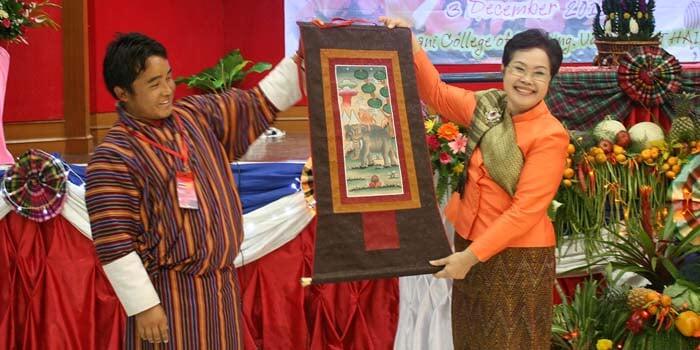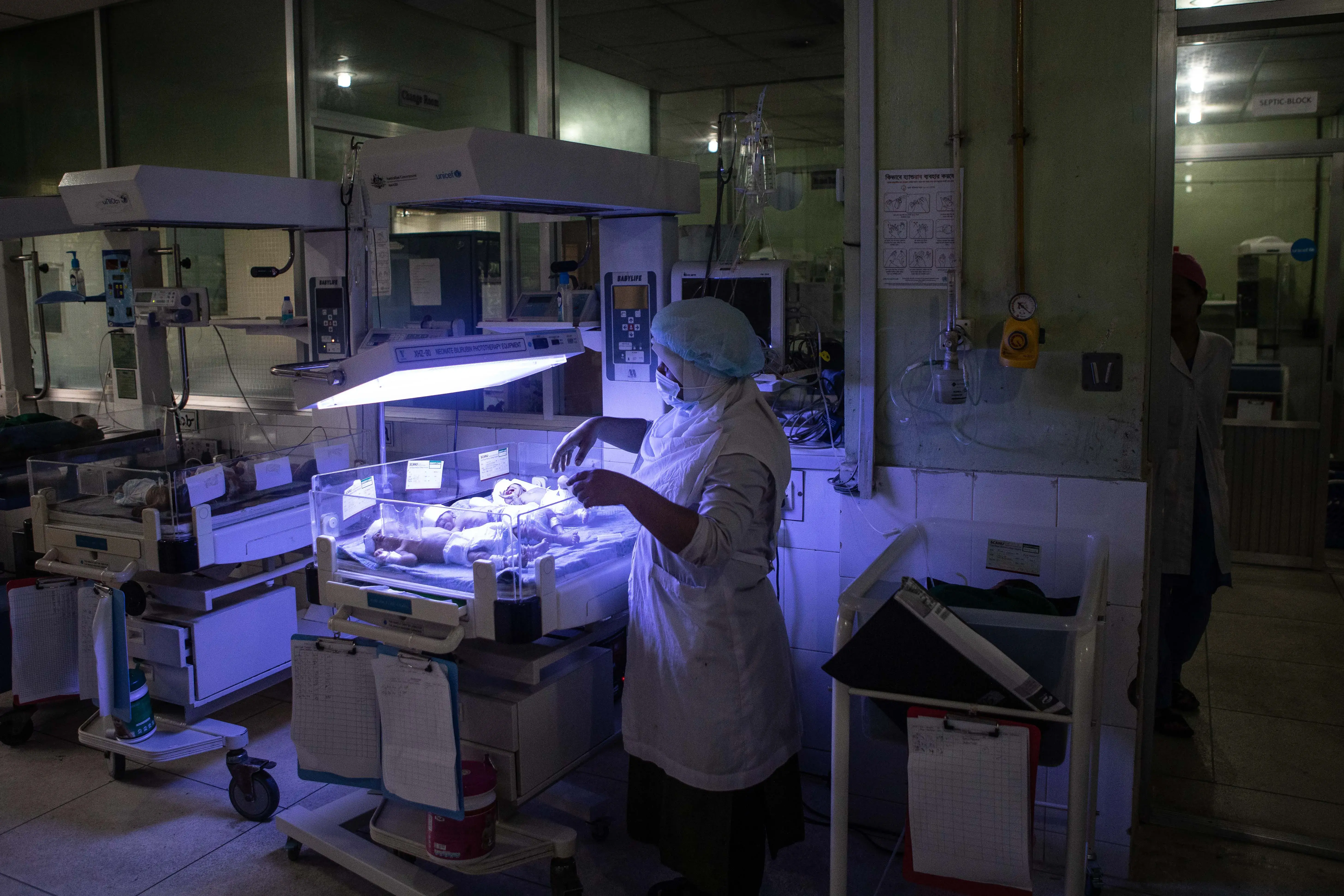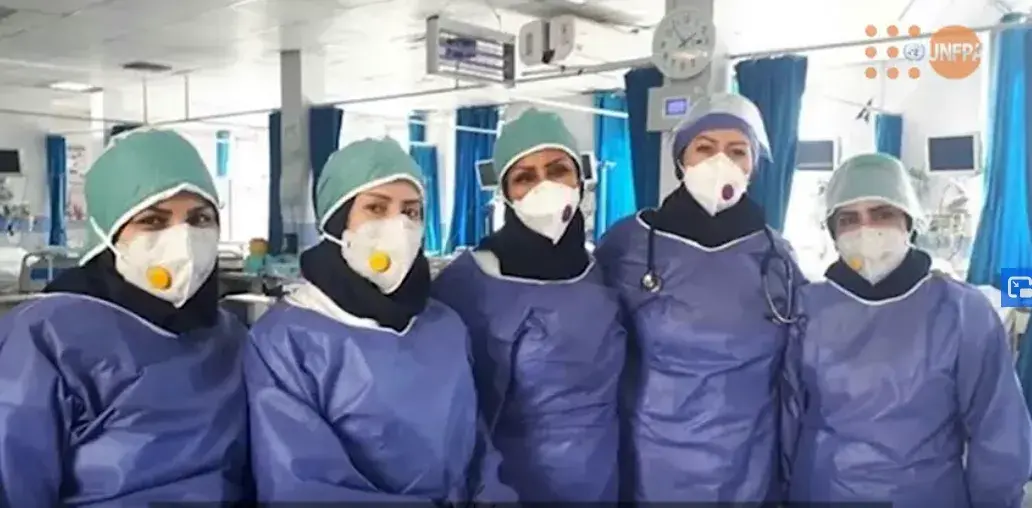LOEI, Thailand — After four days of trekking from his village by foot, a two-day bus ride across Bhutan, an international flight to Bangkok and a long van ride, Sonam finally arrived at this mountainous province in north-eastern Thailand.
The midwife from Gelephu, a small village in eastern Bhutan, was one of more than 20 Bhutanese health professionals selected to participate in a technical training on reproductive health care services.
The programme, supported by UNFPA, the United Nations Population Fund, is part of a trilateral partnership on maternal health among the Governments of Thailand and Bhutan and UNFPA. The partnership seeks to improve reproductive health service delivery at all levels of health facilities through the transfer of knowledge and experience to Bhutan from Thailand, which has achieved dramatic reductions in maternal mortality in the past two decades.
Many Bhutanese women still die of pregnancy-related causes, particularly in rural and remote areas of the country. More effective interventions and health system improvements are needed to reduce deaths of mothers, newborns and children under 5 years old.
“This experience is amazing! I see so many things here that we don’t learn in college. They are solutions and practices that we can apply to our work in Bhutan,” Soanam says after visiting the provincial nursing college as well as various small hospitals and village health centres.
He already has his notebook filled with examples and ideas: on the effectiveness of community health volunteers; the use of local foods to enhance nutrition and reduce anaemia; and the success of outreach activities in schools aimed at improving adolescent sexual reproductive health.
He will carry this new knowledge with him back to Bhutan. His country has expanded its health care system coverage to 90 per cent of the population in the past 20 years, but still needs to improve sexual reproductive services. It has only 12 health care providers with midwifery skills for every 10,000 inhabitants, compared to the World Health Organization’s standard of 23 per 10,000. Experience, knowledge, good practices and institutional training on reproductive health from Thailand are useful and applicable to Bhutan.
“I am so proud that my small town hospital can offer ideas and knowledge to the Bhutanese professionals,” says Dr. Wichai, Director of Aerawan Hospital here. “I think the things that are valuable to them are simple and effective solutions that they can apply to their local context.”
Duangkamol Ponchamni, UNFPA national programme officer in Thailand, explains the benefits of the programme and its successful approach. “This is a demand-driven project, meaning that Bhutan identifies their needs, which in this case are related to good practices on adolescent sexual reproductive health and experience in dealing with low community participation in health care services".
“The activities involve cooperation and participation at all levels – policymakers, academics, health unit professionals, and local volunteers. Thailand, with UNFPA’s support, has been working successfully to improve reproductive health services. Now it is a middle-income country and is stepping up to ‘export’, for free, its expertise to support other countries.”
-Sukthawee Suwannachairop




